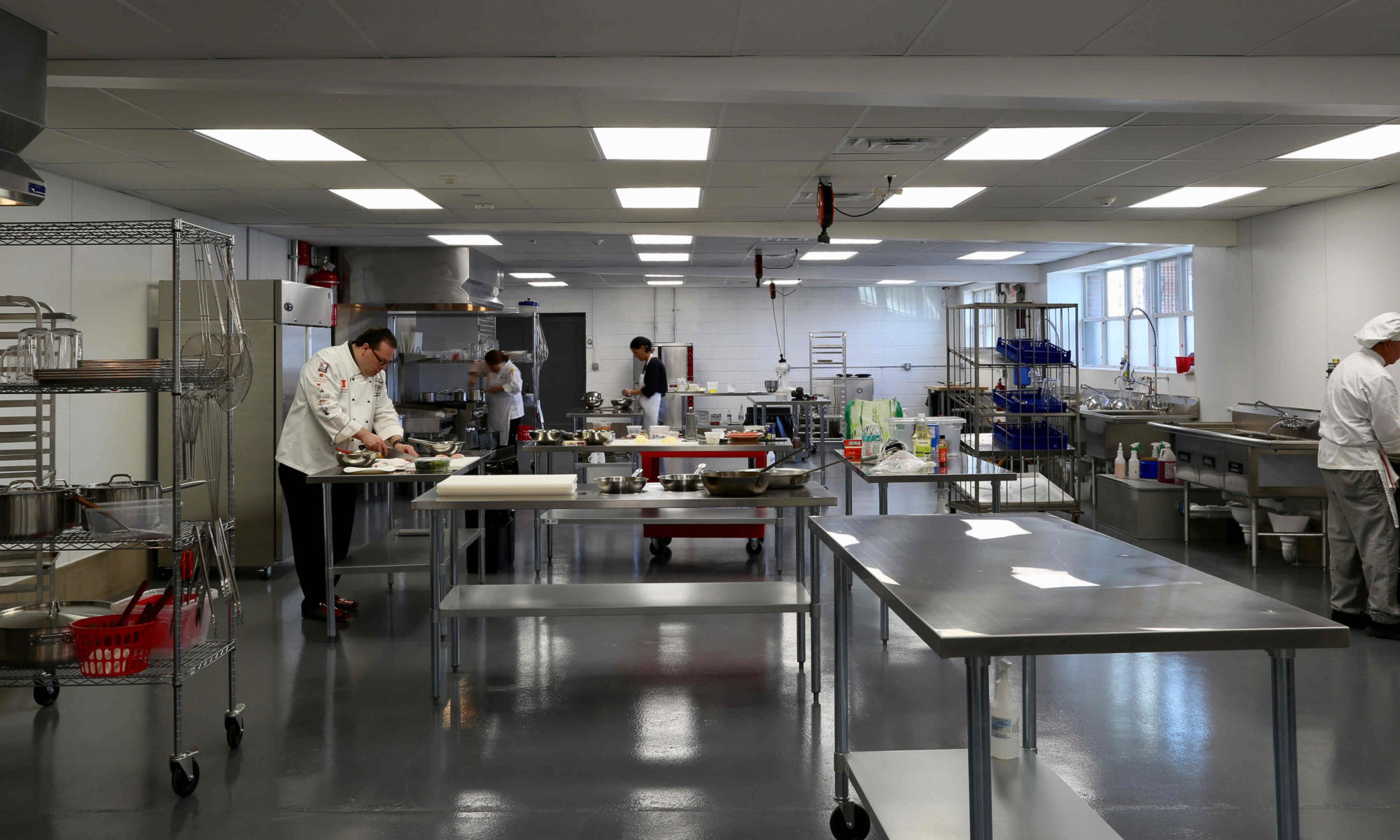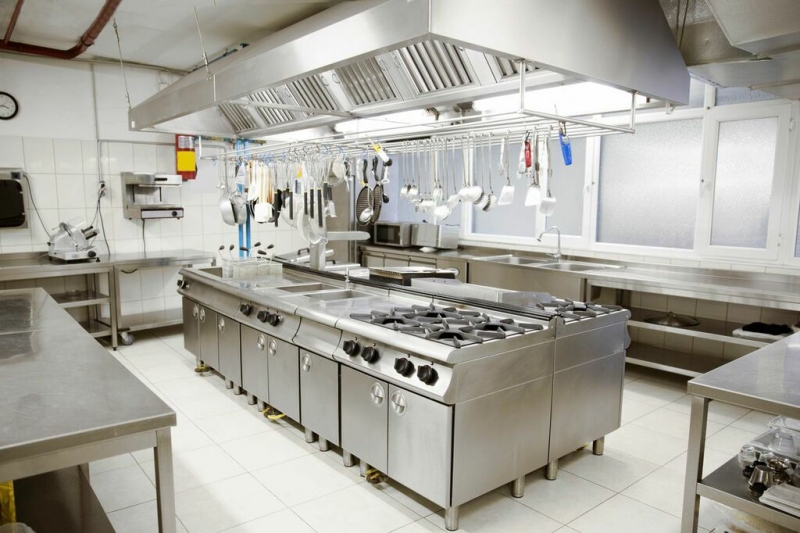Commercial Real Estate Leasing Tips
A business can rent a commercial space from a commercial building owner by signing a rental agreement called commercial real estate lease. There are three main forms of commercial leases, namely full service, net, and modified gross leases.
It is important to understand how the entire process of identifying the right commercial lease works to avoid making costly mistakes. In this guide, we discuss the steps to follow and tips on how to choose, negotiate, and sign the right commercial lease.
Set your property parameters
With numerous commercial property options in the market, you need to set some commercial property parameters to help narrow down your search. In other words, the commercial space you are looking for should satisfy your business’s specific needs. Some of the important considerations you need to make when setting parameters include:
• Ideal customer: Businesses such as restaurants that are focused on attracting physical visitors should consider locations with high foot traffic. Also, you should know where your ideal customer is located. For example, while a Michelin Star restaurant will thrive in an affluent location, a fast-casual restaurant will do well in an area with people who have a preference for fast casual dining.
• Commercial property zoning: In the world of commercial real estate, zoning is done to dictate the type of business that can operate on a particular commercial property. Meaning, as a business owner, you cannot start a retail business in an area that is zoned for industrial use.
• Desired Size: You need to determine your workforce and the expected number of customers to derive the desired square footage. For instance, a restaurant requires 15 sq ft per customer, while offices may require up to 150 sq ft per employee.
• Maximum Budget: You have to determine your maximum monthly budget. With a predetermined budget, you can limit your searches to commercial spaces you can afford.
• Accessibility: It is important to ensure your restaurant or retail business is accessible, for you to do business. In fact, such businesses may need to have ample parking space.
Find the right broker
Leasing agents and tenant brokers facilitate most commercial real estate leases by representing landlords and tenants, respectively. Typically, the leasing agent is paid a commission of around 5% of the total lease by the landlord, while tenant brokers earn a percentage of the landlord’s overall commission called tenant broker’s fee. Remember, since the tenant benefits from the commission, he or she doesn’t have to work in the best interest of the tenant necessarily.
Although it is not mandatory to hire a tenant’s broker when searching for a commercial space, he or she can help you with a list of available options, give you potential financing options, and provide accurate marketing data and pricing.
Understand the types of commercial leases
• Full-Service Lease: The lease is commonly applied in leasing office space. This is an all-inclusive rent lease, which requires the landlord or property owner to pay for any expenses that may be associated with the commercial space including, utilities, repairs, maintenance, insurance, and taxes. The lease allows you to know and prepare for well your monthly or annual lease payments.
• Net Lease: This is an agreement where you pay a lower annual rent as compared to the actual lease amount of a full-service lease. However, the landlord may require you to pay the monthly “usual costs” of the commercial space such as property taxes and insurance. The net lease can be designed to be a single, double, or triple lease.
• Modified gross lease: This is a commercial lease that is considered as a compromise of the full service and net commercial leases. For instance, you may pay for the usual costs such as insurance and taxes, but in lump sum along with your rent. However, the landlord covers the cost of janitorial services and utilities.
It is possible to get caught up in a long-term commercial lease. ROI Commercial Property Brokerage is a leading provider of unmatchable commercial real estate services. We are focused on helping businesses scale their commercial spaces up or down depending on their current needs without the risk of facing penalties.
Our team of experienced restaurant property agents maintains close relationships in the Florida local markets, and thus a great source of valuable information. So, if you are looking for commercial real estate restaurants or help with negotiating favorable lease terms consider consulting with ROI Commercial Property Brokerage.




